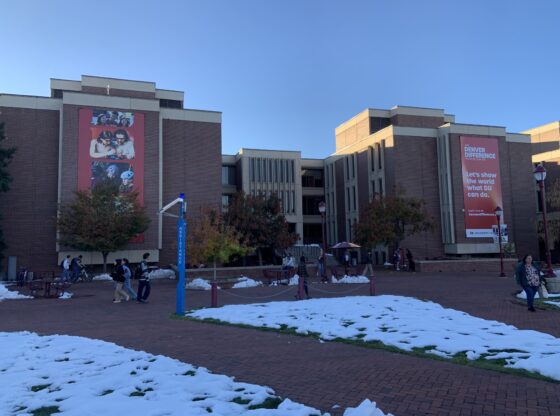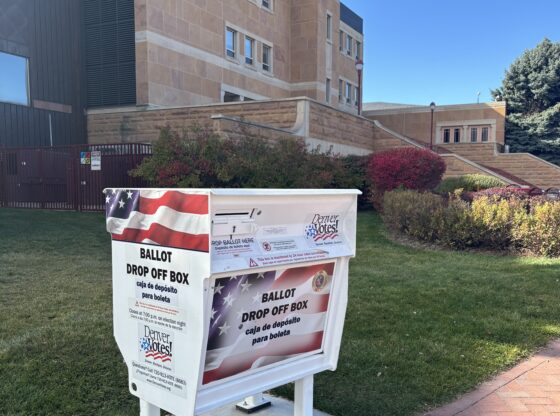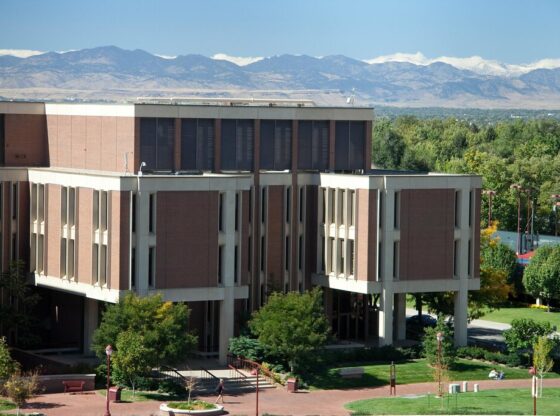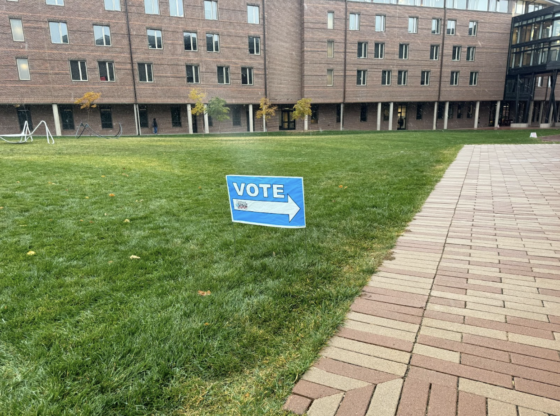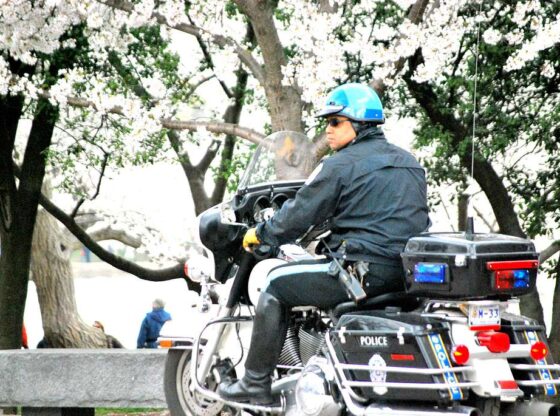Over 220 people have died in the aftermath of Hurricane Helene, which made landfall on Florida’s Gulf Coast on Sept. 26. Flooding and torrential rains have decimated the Southeastern United States, leaving many communities isolated and struggling without access to power and dealing with unsanitary conditions.
After making landfall, Helene caused up to 15 feet of surge in the Big Bend Region, the area of Florida where the panhandle meets the peninsula, while heavy rains and high wind speeds caused downed power lines. Locals in the area reported that the hurricane caused the worst flooding they’d ever seen, while homes in Steinhatchee were torn from their foundations by the storm surge. The hurricane then made its way to Georgia, where the devastation continued.
Although Hurricane Helene passed into Georgia as a Category 2 hurricane, heavy rain from the previous days had hit the state, decreasing soil absorbency while increasing flooding risk. Atlanta received almost four months of rain in the span of forty-eight hours.
Tennessee became the hurricane’s next victim: intense rainfall has destroyed roadways, further complicating rescue and relief strategies. In the town of Afton, the Kinser Bridge, which is normally 60 feet above the Nolichucky River, was washed out.
Hurricane Helene entered the Carolinas as a tropical storm but continued to cause severe rain, triggering numerous road closures. North and South Carolina have reported the most storm-related deaths thus far, as flooding and road closures have prevented search and clean-up efforts. A lack of clean water, the potential for toxic contamination and wild animals stand in the way of safe rescue and recuperation efforts.
Disaster-relief centers have been set up in affected areas, while aid is being sent via helicopter to isolated communities. By Sept. 28, Helene had mostly dissipated, leaving the Southeast United States in disarray.
Many communities are still without aid. Reconstruction efforts in some areas may even take years. Florida is also at risk from yet another storm, Hurricane Milton, which is currently a Category 5 hurricane and will likely make landfall on the Sunshine State’s west coast on Wednesday.
Donations to help the survivors of Helene can be made through the American Red Cross, Salvation Army and Americares websites.


